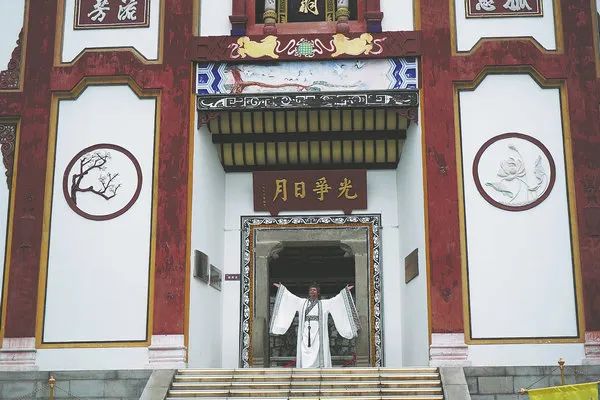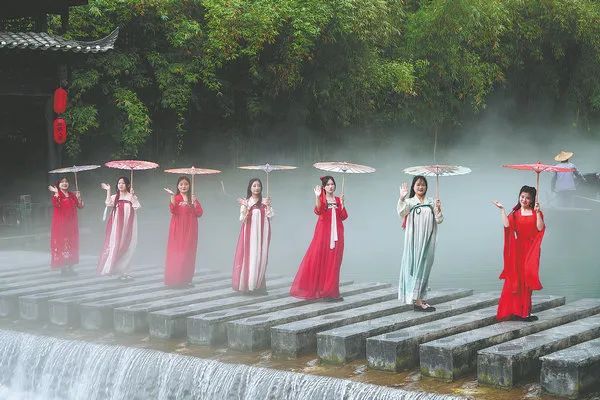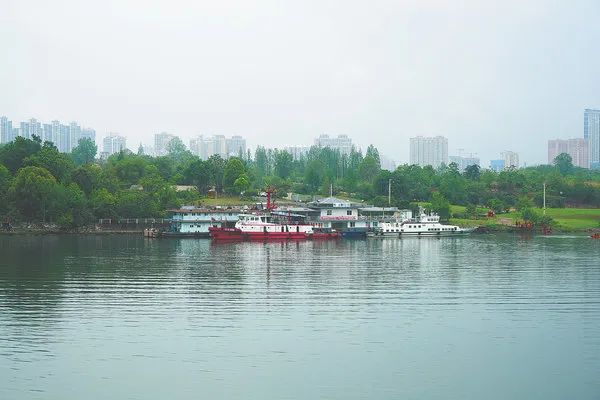Arguably the best way to enjoy the beauty of the Yangtze River, one of China's "mother rivers", is to embark on a tourism cruise. Away from the hustle and bustle of daily life, tourists can savor tea and snacks onboard while enjoying the awe-inspiring currents and picturesque scenery on both banks of the river.
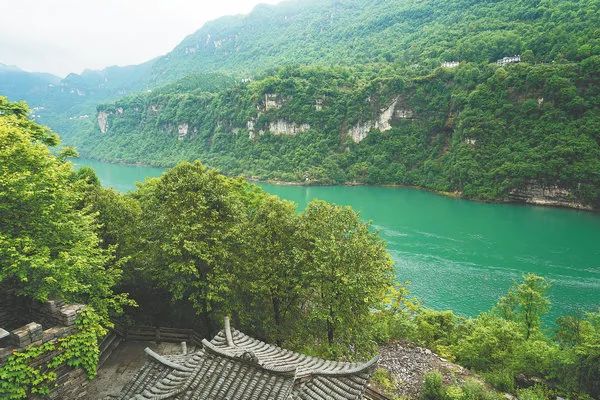
▲The city of Yichang, Hubei province, offers attractions related to the Yangtze River for tourists to explore. [Photo by Xu Lin/China Daily]
The cruise starts at Yichang city in Central China's Hubei province, known for the role it played in the wars of the Three Kingdoms (220-280) period. It is now home to some of the country's key water control projects.
"Two dams and one gorge", which refers to the Gezhouba Dam, the Three Gorges Dam, and Xiling Gorge between the two dams, has become a classic travel itinerary.
Gezhouba Dam, the first large-scale water control project constructed on the Yangtze River, was put into operation in 1981. The Three Gorges Dam, the world's largest hydropower project, has received over 10 million tourists in the past five years.
The cruise pulls in to shore and takes passengers to the Tribes of the Three Gorges, a scenic area that offers encounters with a variety of cultural experiences related to ethnic groups, such as those of the Tujia people.
Standing on a wooden bridge above a stream, one can enjoy an idyllic natural scene, the stuff of ancient Chinese poems.
Through the fog emerges a young woman in hanfu (traditional Chinese dress), playing a stringed instrument on a boat. Her peers dance on shore, traditional oil-paper umbrellas in hand.
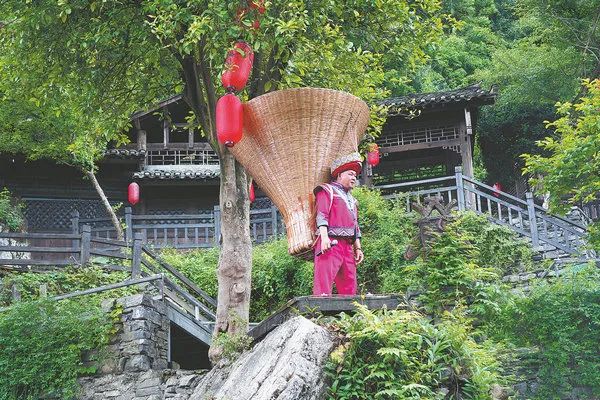
▲The scenic area, Tribes of the Three Gorges, enables tourists to encounter a variety of ethnic cultural events, including those of the Tujia people. [Photo by Xu Lin/China Daily]
Hop back onboard for the most amazing part of the journey — cruising downstream to upstream through the Three Gorges Dam, a vertical ascent of up to 113 meters.
▲Qu Yuan Temple in Zigui county of Yichang was originally constructed to commemorate the great poet of the Warring States Period (475-221 BC). [Photo by Xu Lin/China Daily]
When the vessel reaches the other side, it enters Zigui county, the hometown of Qu Yuan, a patriotic poet from the Chu state during the Warring States Period (475-221 BC).
At the entrance of the traditional gate, with its exquisite decorations, an old man dressed in white attire, playing Qu Yuan, recites aloud the man's poetry, which echoes with rich Chinese philosophy.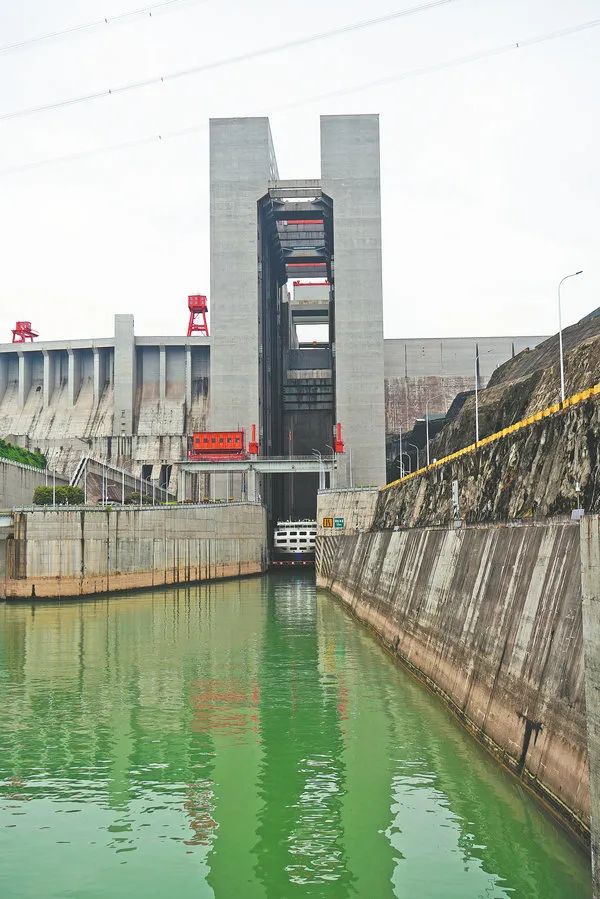
▲The vertical-hoist ship lift at the Three Gorges Dam. [Photo by Xu Lin/China Daily]
The Ministry of Culture and Tourism recently unveiled 38 boutique travel routes on the Yangtze River, including the Three Gorges Project-themed tour involving destinations like Yichang and Chongqing.


